Temperatures are soaring. Record-breaking heat is forecast across the country, and worse yet the power grid may not be able to keep up. What options do we have to cool down with temperatures climbing this high?
Heat is the leading cause of weather-related deaths in the United States. Over 150 deaths are attributed to it each year.
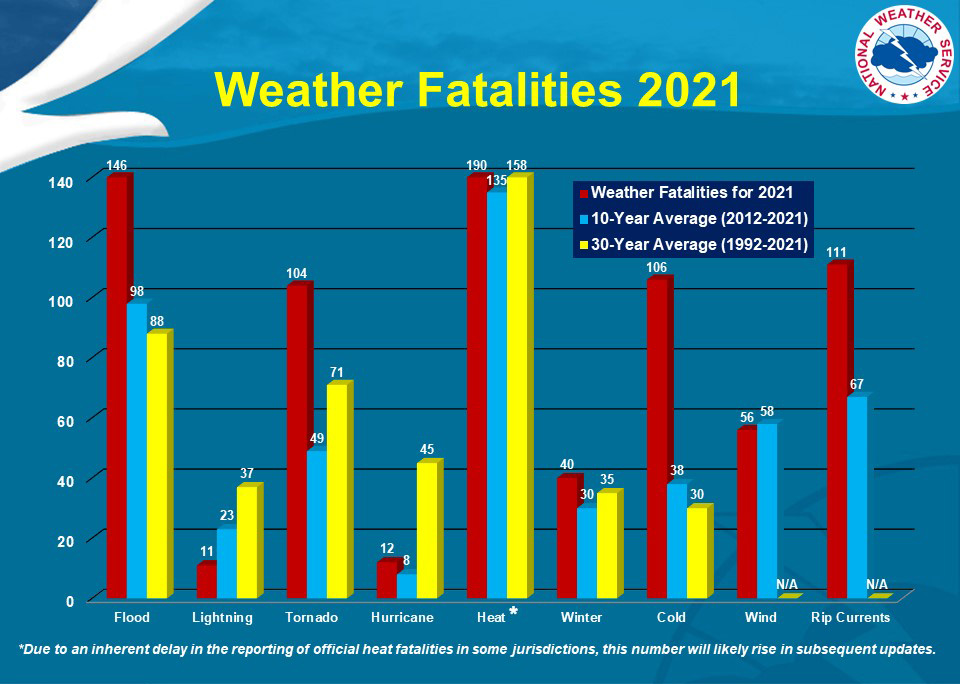
Certain populations such as pregnant women, newborns, children, the elderly, and those suffering from chronic illness are more susceptible to complications from the heat.
Ways to stay cool during a heat wave
Find a local cooling center
Public libraries are normally designated cooling locations. Churches, government buildings, and non-profits may also be used as cooling centers. Cooling centers will be priority locations to keep the power and air conditioning running. Some locations may have backup generators.
Take a cold shower or bath
Unlike many of these suggestions, cold showers will actually lower your body temperature.
Get a haircut
Hey, anything helps right?
Adjust the thermostat throughout the day
Take advantage of the cooler night-time temperatures to lower your indoor temperatures.
Wear loose-fitting clothes
This allows more air to circulate and helps with sweat evaporation. Light-colored clothing can also help keep you cool.
Watch out for signs of heat exhaustion and heat stroke
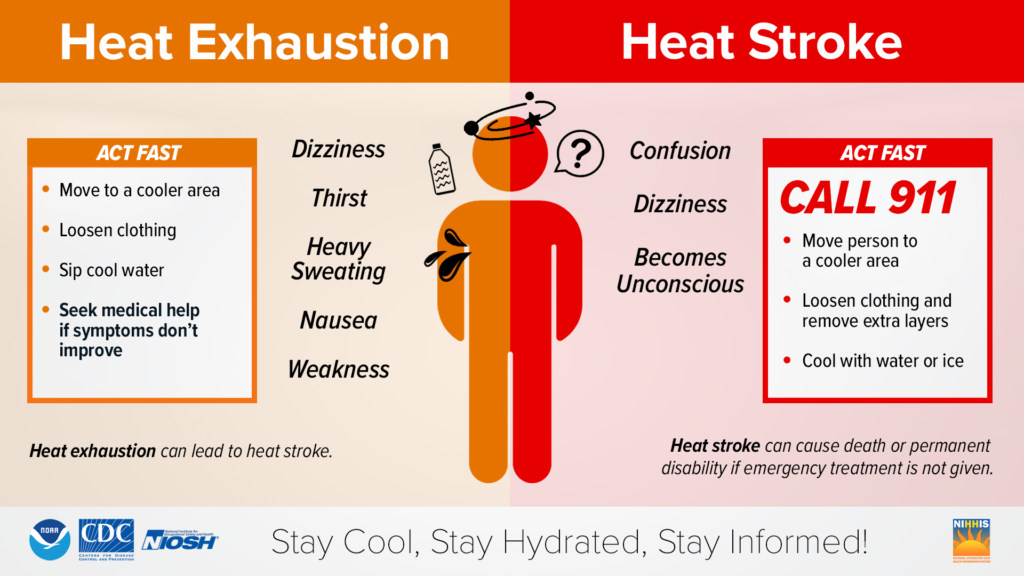
Have a battery-powered fan*
There are several styles to pick from. You can find small handheld fans, USB fans, or pick up a camping fan for even more air movement.
*Did you know fans can be dangerous, especially during a heat wave? Well, I sure didn’t! Apparently, they can help you feel cooler while not actually cooling you down. Here’s an article from WebMD talking about the risks.
Use a wet cloth
Placing a wet cloth on your neck can help you cool off. Just like with sweat, when the water evaporates it takes energy (heat) with it. This works best with low humidity.
Go to a lower floor
Set up a family game room or a movie theater in the basement and enjoy the naturally lower temperatures. If you live in a two-story house consider sleeping on the first floor during the worst of the heat.
Preparing food during a heat wave
Stay hydrated
Water, milk, and sports drinks will help. Soda, energy drinks, and alcohol do not.
Try spicy food?
Spicy food can cause you to sweat more, apparently helping you cool off. So, if you’re up for that, go for it!
Eat juicy foods full of water
Watermelon, strawberries, and smoothies are a great way to stay hydrated and taste excellent chilled!
Skip indoor cooking
You still need to eat, but try something cooler and refreshing instead of a lot of baked items. This way you avoid heating up your home even more. If you are in the mood for some warm food, try cooking it outside on the grill. Who knows, you may not even have to turn it on!
Power Outages during a heat wave
Air-conditioners take a lot of electricity to run. Power usage peaks in the afternoon as everyone returns home from work, turns down the AC, starts cooking, and flipping on various lights and appliances.
Unfortunately, if your power grid is at risk of being overloaded that means you may be without power at the hottest part of the day.
Before a power outage
Let the electric company and fire department know if you have emergency medical equipment that requires electricity.
Keep an eye out for messages from your power company letting you know they are reaching peak capacity. They’ll encourage residents to decrease their power usage before they begin load shedding. If they can’t keep up with demand, they will start turning off the power.
Have a plan. If your home is already in the upper 80s and you are scheduled for load-shedding, it may be time to head to the local cooling location.
Make sure your phone and any other important devices are fully charged.
During a power outage
Watch out for signs of heat exhaustion and heat stroke
Hmm… second time we’ve mentioned this. It’s almost like it’s important.

Use water to cool off
Drink it, splash some on your face, or take a cold shower.
Keep the freezer closed
If the power goes out try to keep the fridge and freezer closed. Frozen food is safe for 48 hours in a full freezer and 24 in a partially full freezer. Food is only safe for 4 hours in the refrigerator.
Turn off and unplug as much as you can.
When power is restored everyone’s air conditioners, refrigerators, lights, and appliances all try to turn back on at once. Compressors and motors draw a lot more power during their start-up cycle and can easily overload the circuits. Keeping your power draw to a minimum for the first 5-10 minutes will help make sure your hour-long load shedding doesn’t turn into a 6-hour repair job.
Related Articles:
Peparing for power outages
35+ Ways to Save Money and Fuel for 2022
Join our email to hear about new resources to help you stay on top of severe weather outbreaks
- Disaster Relief Needs X (You should use it too)
- Faith in Action: Responding to Trump’s Reduction in Humanitarian Aid
- How to Help Someone Who is on Fire
- How To Get Help When 9-1-1 Is Down
- Does a Solar Eclipse Really Warrant a State of Emergency?
- The Coming Digital Apocalypse?
- Disaster Survival: Do These 3 Things Within 60 Seconds
- 5 Disaster Relief Tips for a Major Earthquake Response
- Can We Shoot the Chinese Balloon Down?
- Incident Management Team: Tips for a Successful Deployment
- TC001 Best New Thermal Camera? Review for TOPDON TCView
- 5 Ways To Stop Overpaying For Healthcare









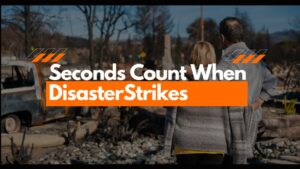
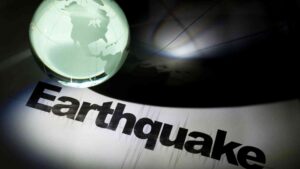


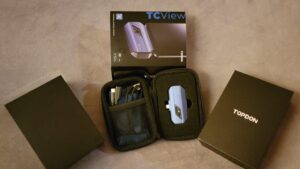

Get a haircut?
I did not know that about fans!